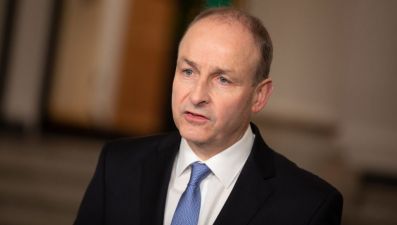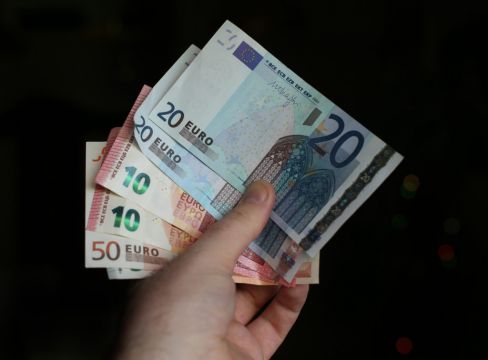The real value of wages or social welfare payments will continue to fall despite new Government measures to tackle the spiralling cost of living, according to Social Justice Ireland.
The think-tank said the cost of living crisis is an issue of adequate income.
“While the energy credit, changes to the working family payment, the fuel allowance, drugs payment scheme and changes to school and public transport charges are welcome, they fail to deal with the reality of the unavoidable trade‐offs people living on inadequate incomes have had to make for two years,” said director Dr Seán Healy.
A failure to increase core social welfare rates in Budget 2020 or Budget 2021, with an increase in Budget 2022 just “half of what was required,” is in part responsible for the crisis, Social Justice Ireland said.
“The failure to benchmark social welfare rates [to 27.5 per cent of average weekly earnings] and to make tax credits refundable means that people on fixed incomes and in low paid employment, who have been most impacted by rising costs, will continue to struggle,” said Dr Healy.
“The real value of their wages or social welfare payments will continue to fall.”
Real values
Compared to 2011, the real value of Jobseekers Benefit in 2022 is just over €192 per week, and the real value of the Contributory State Pension in 2022 is just over €234 per week, the think-tank said.
It noted that “low to middle income households with jobs, those with incomes below the standard rate income tax threshold, have gained least from the budget measures over the past two years.”
“A couple with one earner at €30,000 has received an additional €0.39 cents per week from Budgets 2021 and 2022 combined,” said Colette Bennett, economic and social analyst.
The main measure of the cost-of-living package, a €200 energy credit including VAT, represents an increase in real terms of €65.29 rather than a doubling of the €100 energy credit previously announced exclusive of VAT, the think-tank said.
An additional €125 for recipients of the fuel allowance is welcome, it said, but noted that “a large proportion of people reliant on social welfare, or in low paid employment, are not entitled to this payment.”
The think-tank also welcomed reduced public transport fees but said they “are based on the assumption that people have access to public transport” and exclude those in rural Ireland reliant on a car.
Measures
The Government announced a €290 million package of measures designed to address rising costs and inflation on Thursday, with the “centrepiece” a cut in the electricity bill of every household of €200.
Public transport fares are set to be cut by 20 per cent from April for the rest of the year and the Government has also reduced caps for multiple children on school transport fees to €500 per family for post-primary schools and €150 for primary school children.
People already in receipt of the fuel allowance are set to receive an additional payment of €125 and the working family payment increase announced in the Budget will be brought forward from June to April.

Those eligible for the drug payment scheme, which places a cap on the maximum a family can pay on medicines a month, will see the limit reduced from €100 to €80.
Outlining the measures on Thursday evening, Minister for Public Expenditure and Reform Michael McGrath said the fuel allowance payment will be made in March, while the electricity credit of €200 will be applied to accounts in April.
Minister for Finance Paschal Donohoe said the rate of inflation seen in the past few months “has exceeded our expectations, mainly because of higher energy prices.”
“While we expect the inflation rate to moderate from the second quarter of this year, it is nonetheless appropriate to respond to the increase in prices and today we are doing this,” he said.







